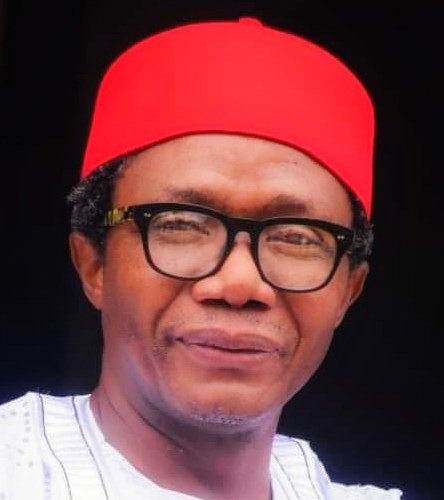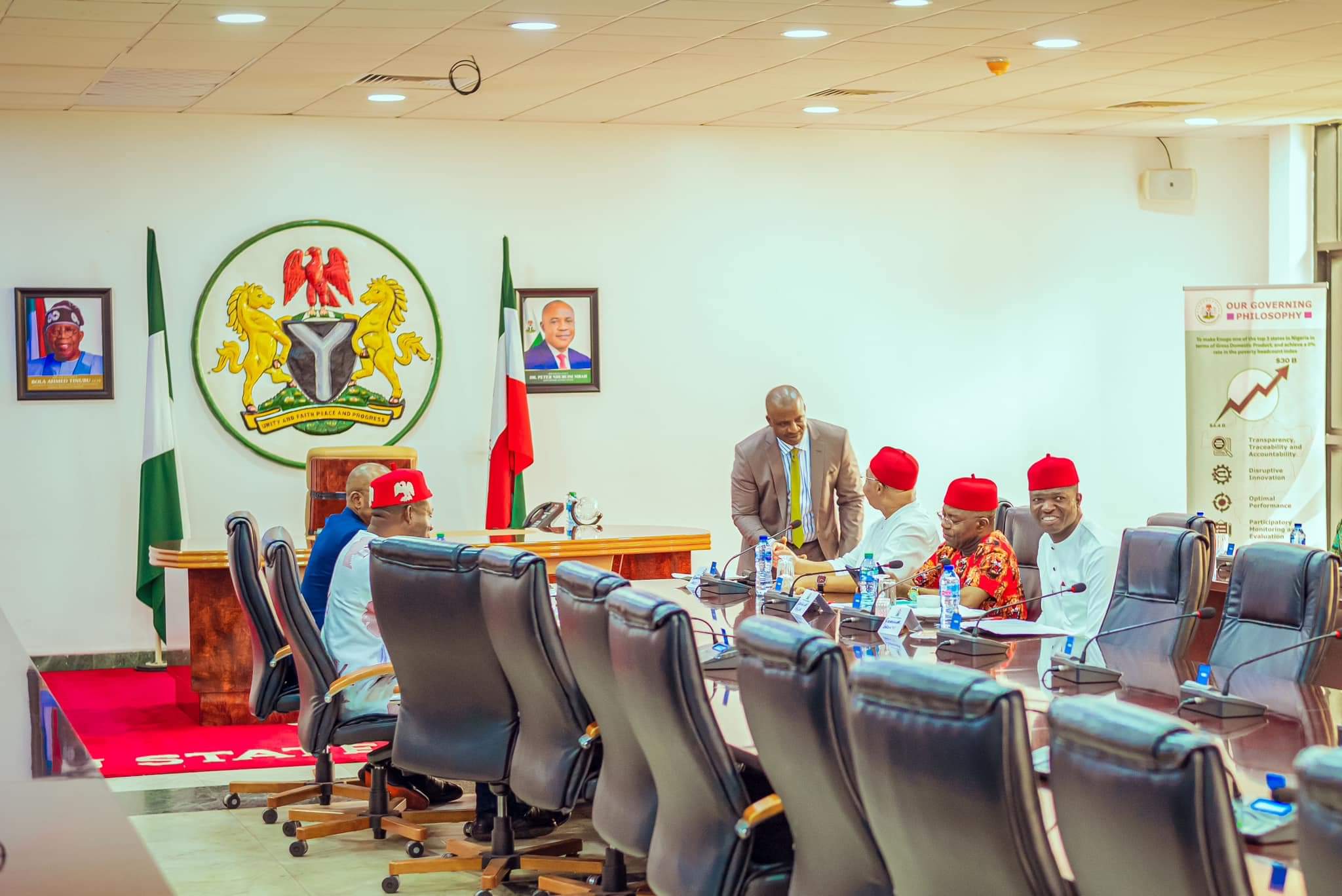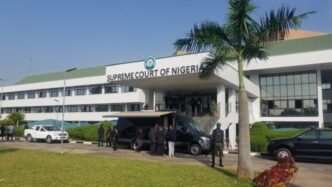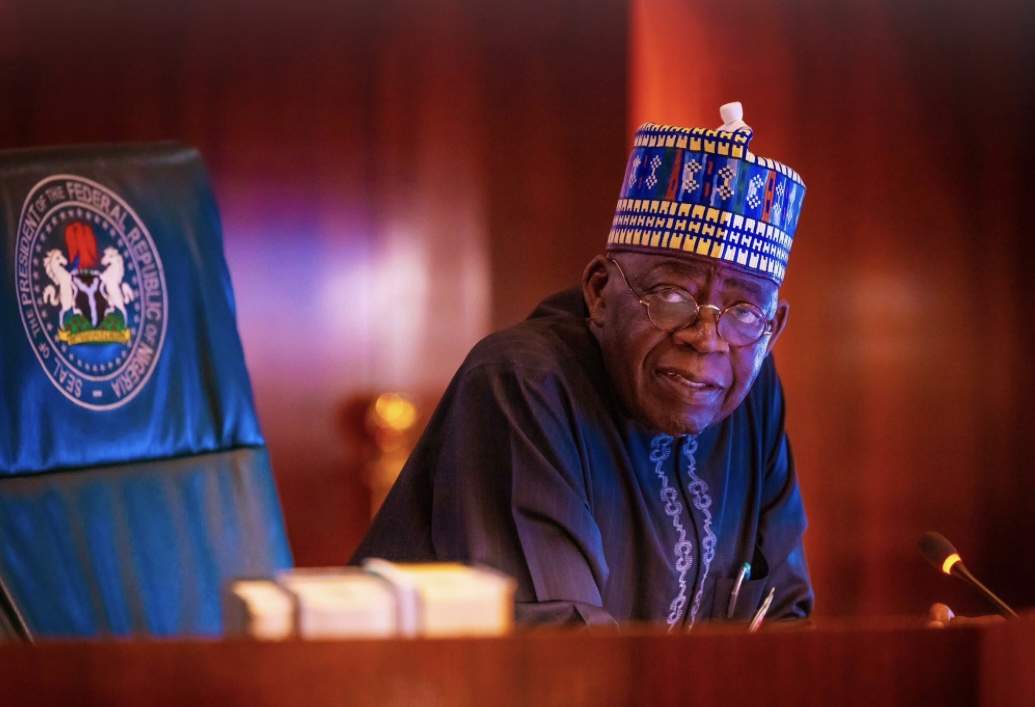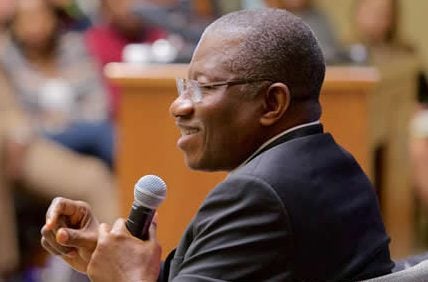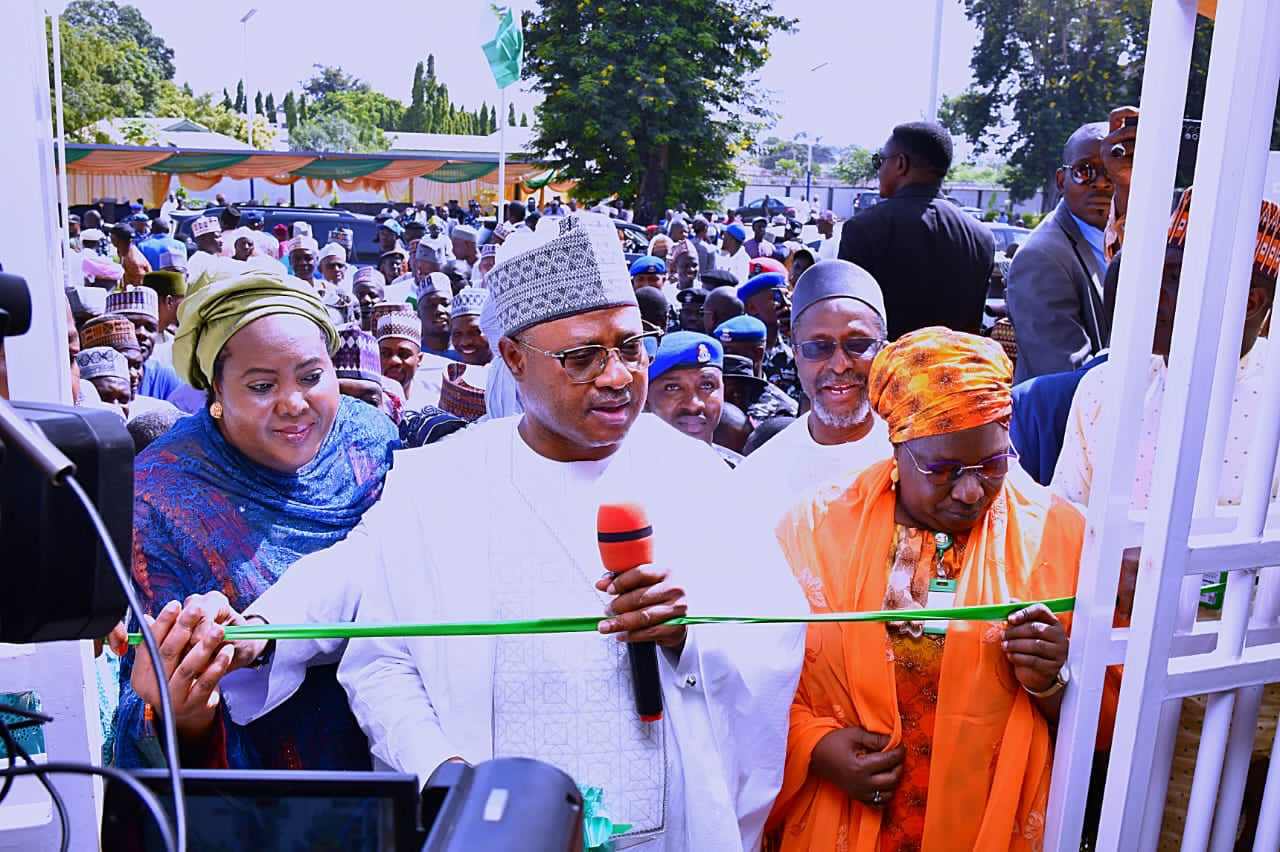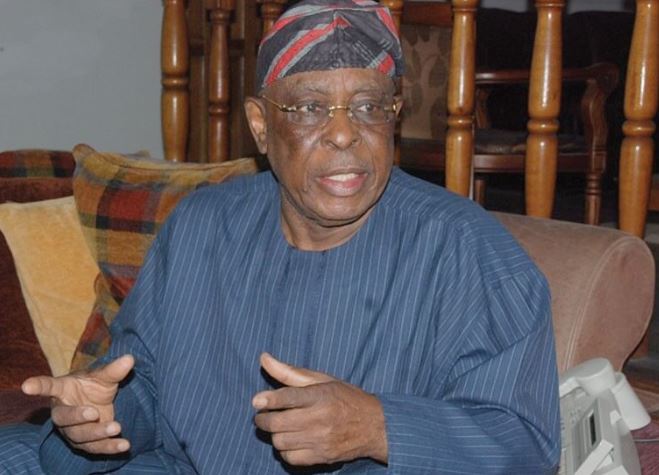For a while now, the south-east has been in terrible shape. The area that was the safest and most tranquil in the nation around two years ago is now plagued with insecurity. A large portion of the blame can be attributed to the void left by the almost total absence of patriotic and selfless political leadership.
Their political leaders haven’t done enough to stand up for the people of the south-east; instead, they have taken advantage of them to establish themselves. That’s how the zone descended into anarchic and violent youth unrest that eventually took the form of what is now known as Yahoo ritual killings, ESN, Biafra agitation, unknown gunmen (UGM), and so on.
In light of this, it is appropriate to applaud the Peace in South East Project (PISE-P), a comprehensive five-year project introduced by Deputy Speaker of the House of Representatives RT Hon. Benjamin Kalu aimed at promoting peace and development in the zone. The peace and security initiative aims to tackle the intricate socio-economic problems and security concerns that the south-east zone of Nigeria faces.
With a multi-stakeholder approach, the PISE-P programme aims to restore peace and spur development in response to the growing impact of agitations, economic downturn, and security risks.
Advertisement
A prosperous and opportunity-filled south-east where each resident is empowered to contribute to a united and prosperous zone and Nigeria is the vision of PISE-P. Development in south-east Nigeria is contingent upon the restoration of enduring peace, stability, and sustainable development. Over the past two years, the region has been undergoing significant economic and social decline. Companies in the area are moving to Asaba, Lagos, and Ogun. Prominent businesspeople, politicians, and celebrities are now avoiding returning home to avoid becoming victims like Dora Akunyili’s husband, Dr. Chike Akunyili, or billionaire businessman Chief Offorma of Nnewi, who were among innumerable others killed by the so-called Unknown gunmen (UGM).
The economic situation in the south-east region has been challenging. A study conducted by SBM Intelligence on behalf of DevEast Foundation Ltd./Gte has revealed that between October 2020 and April 2022, an average of five days were lost each month. Over the 24-month study period, this adds up to a total of approximately 120 days lost. This translates to a whopping loss of about N655,382,338,560 and N3766,308,111,480 respectively, due to sit-at-home days alone.
Based on SBM Intelligence, the Southeast region experiences a loss of about N10 to N13 billion in the transport industry alone for each day of demonstration or stay-at-home. Unless some drastic measures are implemented, these losses are expected to continue. Therefore, there is a need for interventions such as the Southeast Peace Initiative to address this issue.
Advertisement
In the words of political philosopher Victor Hugo, the PISE-P proposition is thus a concept whose time has come. The initiative hopes that creative and inclusive non-kinetic approaches in collaboration with other stakeholders such as the zone’s local and state governments, will enable the region’s dynamic youths to return to the fields of education, agriculture, commerce, and industry.
They will also be able to engage in infrastructure development within the zone, support the revival of cultural tourism, and earn a living and a reputation through sports and entertainment. The goal is also to bring back the “Igba Boi,” or Igbo apprenticeship system, which Ndigbo used to address issues of generational poverty transfers, crippling poverty, and empowerment after the Biafra war.
Therefore, PISE-P’s goal is to restore an atmosphere in which people’s potential is realised, businesses thrive once more, and the South East once more emerges as a hub of prosperity, inspiring positive change throughout Nigeria and beyond.
Hitherto, the zone was recognised as a centre for entrepreneurial activity before the disturbances brought about by Biafra agitations, UGM, and other sources of instability in the region, as the majority of the population was involved in small, medium, and large-scale enterprises of various sizes. The radical economic strategies implemented in the energy sector, such as the removal of subsidies and the unification of the FX regime, have left the country in a challenging economic situation and have made life quite difficult.
Advertisement
As a result, businesses in the southeast states are closing their doors or moving elsewhere, making the situation even direr. Ndigbo cannot afford to keep losing trillions of naira to protests or for their businesses to continue to suffer massive attrition through relocation, with its attendant consequences.
Unemployment, inflation, and security challenges are now rife, and economic downturns brought on by separatist agitations have limited the zone’s capacity for development. PISE-P, a panacea, intends to work with all levels of government and important stakeholders to swiftly address these issues, bring about peace, and unleash the zone’s unrealized potential once more.
PISE-P acknowledges the need for shared prosperity and long-term stability and intends to take a non-kinetic approach to peacebuilding and development. The project’s main goal is to involve the community in several theme areas, such as sports and entertainment, infrastructure development, education, agriculture, business and industry, sports and entertainment, and culture and tourism. PISE-P plans to work with regional, national, and worldwide partners to establish a comprehensive synergy for long-lasting transformation.
Young people indeed need to be given respectable ways to pass the time and have fun besides crime and drugs, and the best way to do this worldwide has been through sports and entertainment. One surefire way to lure back the Igbo youngsters is to promote the entertainment sector for its social and economic benefits, as well as to develop grassroots sports activities.
Advertisement
To revive youth involvement in community project development and service delivery on a direct labour and pro gratis basis, as was the case in the good old days, the programme should also attempt to embrace the reintroduction of “Olu Obodo” (community service) as contrasted with “Olu Oyibo” (white collar jobs).
It is also encouraging that the initiative aims to work in tandem with federal and state agencies to uphold peace, protect the lives and livelihoods of those residing in the area, and extend cooperation to social groups like Ohanaeze Ndigbo, different market associations, and cultural women’s groups known locally as Umu Ada, Umu Okpu, and Ndi Inyom to garner support and awareness.
Advertisement
It’s also an excellent idea that PISE-P would look to collaborate with foreign organisations like the UN, UNDP, and USAID, with a particular emphasis on obtaining funding and technical assistance to ensure that her goals are realised on time.
PISE-P is comprehensive. It includes projects and programmes on entrepreneurship training, skill development, and start-up capital access to lower youth unemployment. It boosts economic activity, as well as other security-related fields like intelligence gathering, counterterrorism, crisis management, and community policing.
Advertisement
The primary objectives of PISE-P are to considerably decrease insecurity, enhance social unity and foster development. This way, the population residing in the area will be empowered to eradicate the malevolent forces that have damaged their economy and subjugated them. The project incorporates safety measures to prevent relapses and recurrence in the future.
Thus, PISE-P stands for a calculated intervention aimed at resolving the urgent issues facing the Southeast region. There has never been a finer moment to launch PISE-P, than now.
Advertisement
Dr Law Mefor, an Abuja-based forensic and social psychologist, is a fellow of The Abuja School of Social and Political Thoughts. He can be reached via drlawmefor@gmail.com; Twitter: @Drlawsonmefor
Views expressed by contributors are strictly personal and not of TheCable.
Add a comment
